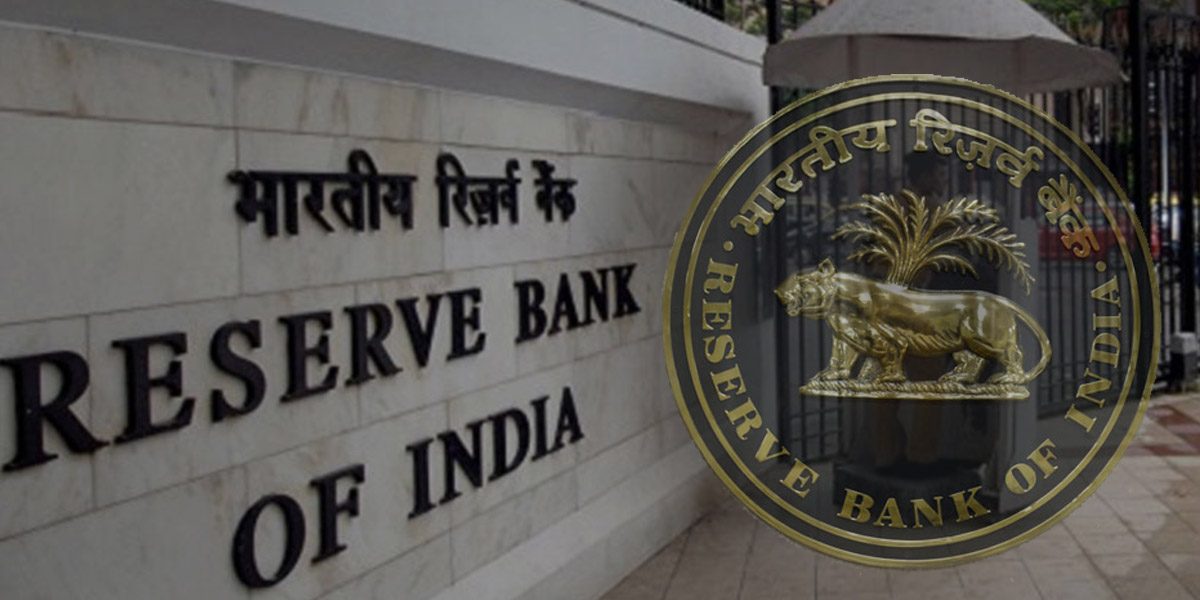The Reserve Bank of India (RBI) has clarified that default loss guarantee (DLG) is not permitted for loans arranged on NBFC-P2P platforms.
This clarification follows the guidelines on DLG in digital lending issued in June 2023. The central bank had stated that a regular entity must ensure that the total DLG cover on any outstanding portfolio specified upfront does not exceed 5% of the loan portfolio amount.
The guidelines further state, “In cases of implicit guarantee arrangements, the DLG provider shall not bear performance risk exceeding the equivalent of five percent of the underlying loan portfolio.”
The latest clarification, however, is set to impact a slew of fintech startups operating in the peer-to-peer lending space. According to an Economic Times report, firms like Lendbox, LiquiLoans, Faircent and LendenClub were using affiliates such as Uni and MobiKwik for this purpose.
RBI describes DLG as a contractual arrangement between a regulated entity and eligible entity under which the latter promises a certain percentage of the loan portfolio to the RE for a loss due to default.
“Any other implicit guarantee of similar nature linked to the performance of the loan portfolio of the RE and specified upfront, shall also be covered under the definition of DLG,” it further explains.
Of late, the central bank has tightened the noose around fintech startups. Just earlier this month, it released draft guidelines on Know Your Customer (KYC) for payment aggregators. However, this move is expected to have a significant impact on micro and small-scale businesses, as well as solopreneurs.
“For medium merchants, PAs shall carry out CPV. PAs shall also obtain and verify one Officially Valid Document (OVD) of the proprietor / beneficial owner / person holding attorney and verify one OVD of the business,” the regulations said.
Furthermore, all non-bank PAs are asked to register themselves with the Financial Intelligence Unit-India (FIU-IND). The RBI has set September 30, 2025 as the deadline for all stakeholders to follow the suit.
Furthermore, all non-bank PAs are asked to register themselves with the Financial Intelligence Unit-India (FIU-IND). The RBI has set September 30, 2025 as the deadline for all stakeholders to follow the suit.
Earlier this year, the central bank took action against Paytm, though the firm has received permission from the National Payments Corporation of India (NPCI) to participate in UPI through the Third-Party Application Provider (TPAP) under the multibank model, as per the fintech company’s filings on the exchange.














